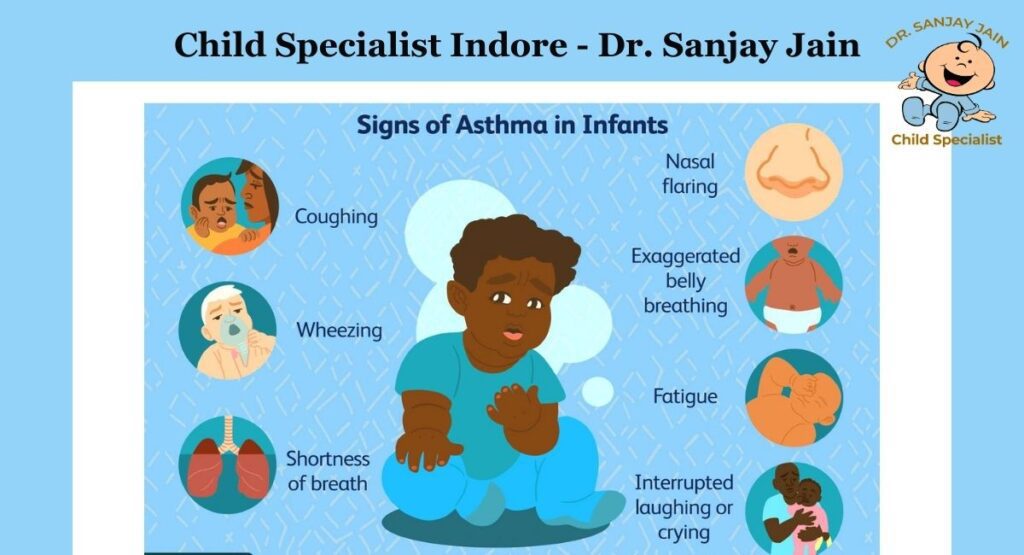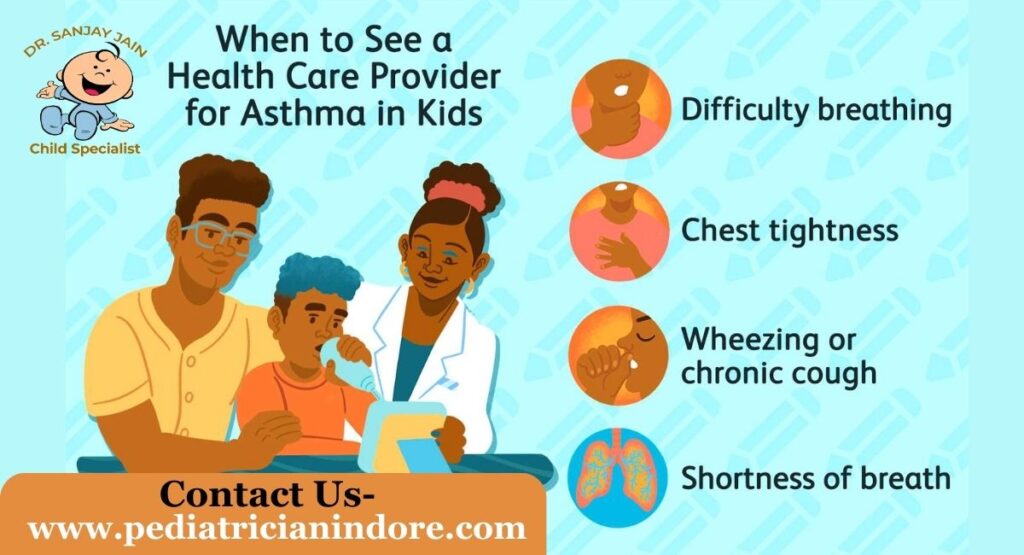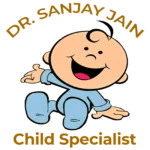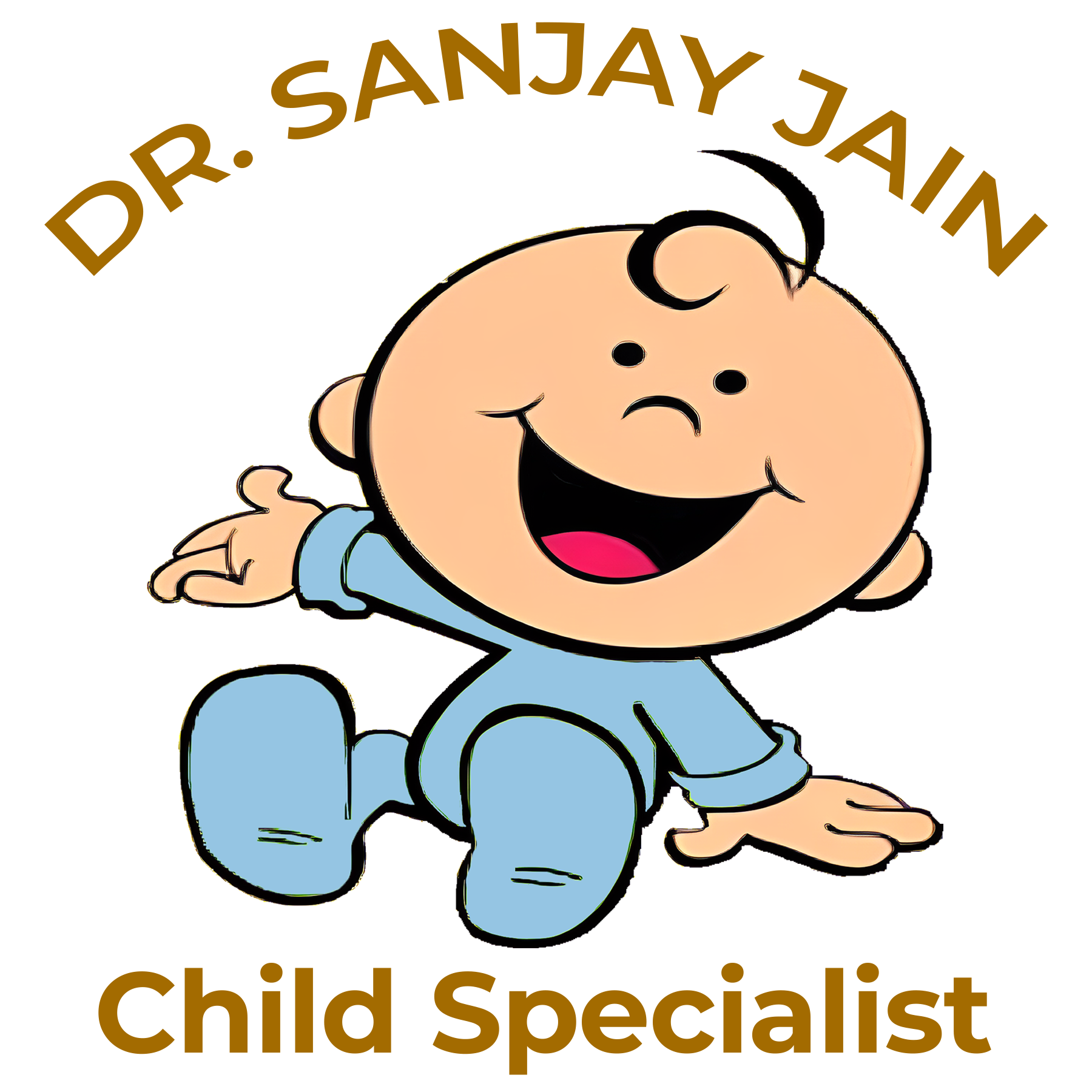Introduction:
Asthma, a chronic respiratory condition, affects individuals of all age groups, including children. Recognizing the symptoms of asthma in children is crucial for early diagnosis and effective management. In this article, we will explore the common symptoms of asthma in children, providing valuable insights from experienced Pediatricians in Indore. If you suspect that your child may be exhibiting signs of asthma, it is essential to consult Dr. Sanjay Jain the Best Pediatrician in Indore.
Wheezing:
Wheezing is one of the primary symptoms associated with asthma in children. This symptom is characterized by a high-pitched whistling sound during breathing, particularly when exhaling. According to Dr. Sanjay Jain, a Pediatrician in Indore, wheezing occurs due to the narrowing of the airways, which restricts the flow of air. It is often more noticeable during episodes of respiratory infections or exposure to allergens or irritants. If you observe wheezing in your child, it is essential to consult a child doctor in Indore for further evaluation.
Persistent Cough:
Children with asthma commonly experience a persistent cough. This cough may last for more than a few weeks and can worsen at night or during physical activity. Pediatricians at a renowned childcare hospital in Indore emphasize the importance of monitoring persistent coughs accompanied by other asthma-related symptoms. A chronic cough can significantly impact a child’s sleep and daily activities. Seeking the expertise of Dr. Sanjay Jain the best Child Doctor in Indore is crucial for accurate diagnosis and appropriate treatment.

Shortness of Breath:
Shortness of breath is another hallmark symptom of asthma in children. It refers to a sensation of breathlessness or an inability to take deep breaths. Children experiencing shortness of breath may find it challenging to participate in physical activities or engage in regular play. Prompt consultation with a Child Doctor in Indore is essential if your child exhibits signs of breathlessness.
Chest Tightness:
Children with asthma may complain of chest tightness, which can cause discomfort and distress. Pediatricians in Indore explain that chest tightness results from inflammation and constriction of the airways associated with asthma. It can be described as a feeling of pressure or heaviness in the chest. If your child reports chest tightness, it is vital to seek medical attention from qualified pediatricians in Indore.
Frequent Respiratory Infections:
Children with asthma are more prone to respiratory infections, such as colds, bronchitis, or pneumonia. These infections can trigger asthma symptoms or exacerbate existing ones. Pediatricians at Kids Clinic in Indore recommend paying close attention to recurrent or severe respiratory infections in your child, as they may indicate underlying asthma. Early detection and management of asthma can help reduce the frequency and severity of respiratory infections.
Caring for Asthma in Children suggest by Dr. Sanjay Jain, a Pediatrician in Indore
Educate and Empower: The first step in caring for a child with asthma is to educate both the child and their caregivers about the condition. Understanding asthma triggers, recognizing symptoms, and knowing how to properly use medications and devices such as inhalers are essential.
Identify and Avoid Triggers:
Help the child and their family identify common triggers such as allergens (dust mites, pet dander, pollen), respiratory infections, tobacco smoke, exercise, and cold air. Encourage them to create an asthma-friendly environment by minimizing exposure to these triggers.
Develop an Asthma Action Plan:
Collaborate with the child’s healthcare provider to create a written asthma action plan. This plan should outline daily medication routines, steps to take during asthma attacks, emergency contact information, and triggers to avoid. Regularly review and update the plan as needed.
Regular Check-ups:
Schedule routine check-ups with the child’s healthcare provider to monitor their asthma control, adjust medication dosages if necessary, and address any concerns or questions. These visits also provide an opportunity to assess lung function through spirometry and identify potential triggers.
Medication Management:
Asthma medications are available in two types: quick-relief medications (bronchodilators) for immediate symptom relief during an asthma attack, and long-term controller medications (inhaled corticosteroids) to reduce inflammation and prevent future attacks. Ensure that the child takes medications as prescribed, and work closely with healthcare professionals to find the most effective treatment plan.

Treatment Options for Asthma in Children suggest by Pediatrician in Indore – Dr. Sanjay Jain
Inhalers:
Inhalers are the most common and effective method of delivering asthma medication to the airways. They come in various forms, including metered-dose inhalers (MDIs) with spacers, dry powder inhalers (DPIs), and soft mist inhalers (SMIs). Proper inhaler technique is crucial, and healthcare providers should provide guidance on correct usage.
Nebulizers:
Nebulizers are devices that convert liquid medication into a fine mist, which can be inhaled through a mask or mouthpiece. They are particularly useful for young children who may have difficulty using inhalers. Nebulizers are also effective during asthma attacks when immediate relief is needed.
Allergy Management:
If allergies trigger a child’s asthma, allergen immunotherapy (allergy shots) or sublingual immunotherapy (under-the-tongue tablets) may be recommended to reduce sensitivity to specific allergens over time. Avoidance of known allergens, such as dust mites or pet dander, is also crucial.
Asthma Education Programs:
Asthma education programs aim to provide children and their families with comprehensive knowledge about asthma management, including recognizing symptoms, proper medication use, and emergency preparedness. These programs empower families to take control of their child’s condition and improve overall outcomes.
Check our Google My Business Page.
Conclusion:
Recognizing the symptoms of asthma in children is essential for early diagnosis and effective management. Wheezing, persistent cough, shortness of breath, chest tightness, and frequent respiratory infections are common signs of asthma in children. If you observe any of these symptoms in your child, it is crucial to seek medical attention from Dr. Sanjay Jain
The qualified Pediatrician in Indore at a renowned childcare hospital or Kids Clinic in Indore. Remember, early intervention and appropriate treatment can help children with asthma lead healthy and active lives.




